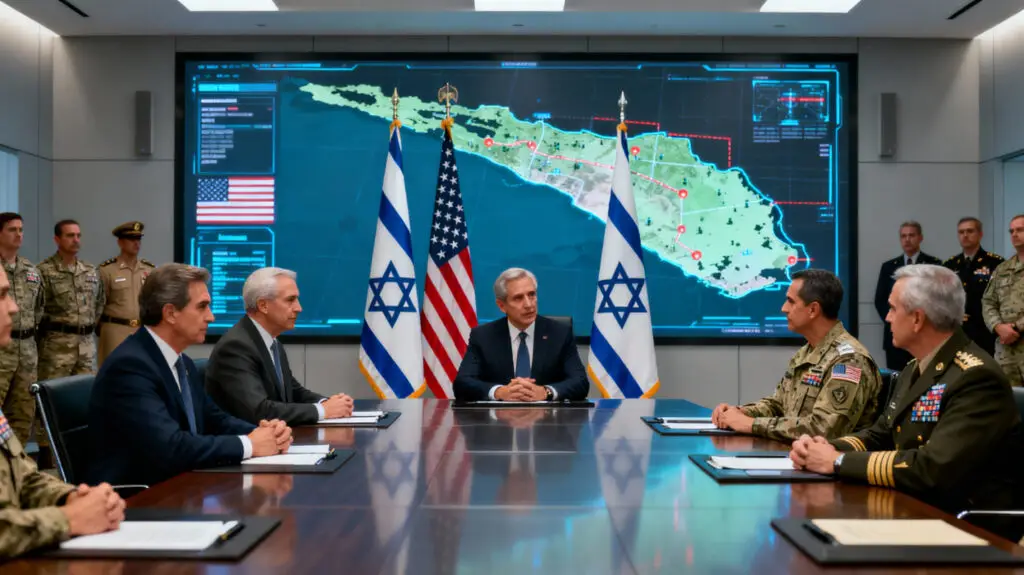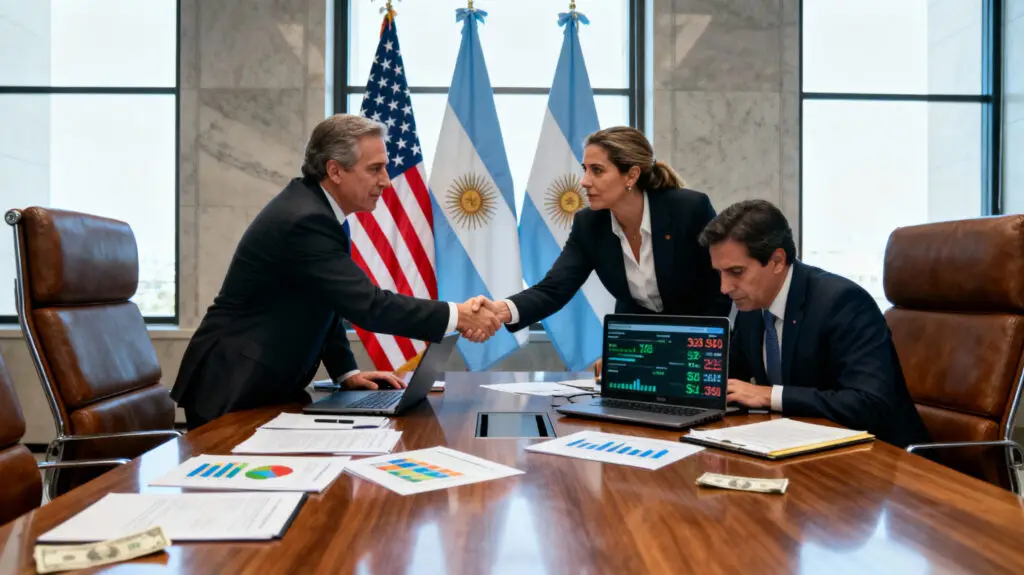Israel Approves Framework For Gaza Ceasefire Agreement
Israel’s government has formally approved the first phase of a comprehensive ceasefire deal in Gaza. The agreement includes the release of Israeli hostages held by Hamas and the withdrawal of Israeli troops to new positions. Announced on October 10, 2025, the decision marks a pivotal shift toward ending months of devastating conflict. The deal was confirmed by Prime Minister Benjamin Netanyahu, who described it as a significant step toward regional stability.

Hostage Release At The Center Of The Ceasefire Plan
Under the newly approved framework, all remaining hostages in Gaza—both living and deceased—are to be returned to Israel. Government estimates indicate that forty-eight hostages remain, though fewer than half are believed to be alive. The exchange process will be overseen jointly by US and regional partners to ensure transparency and security. This agreement comes nearly two years after the October 2023 Hamas-led attacks that claimed over 1,200 Israeli lives.
US-Led Coalition To Monitor Ceasefire Compliance
The United States has committed to deploying two hundred military personnel to supervise the ceasefire’s enforcement. The team will operate under the command of Admiral Brad Cooper, head of the US Central Command. This task force will collaborate with representatives from Egypt, Qatar, Turkey, and the United Arab Emirates. According to officials, no US troops are expected to enter Gaza directly, maintaining a purely observational mandate.
Trump Administration’s Role In Negotiating The Agreement
US President Donald Trump played a key role in brokering the deal, referred to as “Phase One” of his Gaza peace plan. Trump confirmed that both Israel and Hamas had signed onto the initial stage, which focuses on immediate cessation of hostilities. Later phases will address governance structures within Gaza and long-term security arrangements. The White House hailed the agreement as a “historic milestone” in Middle Eastern diplomacy.
International Reactions And Regional Impact
The announcement drew mixed reactions across the Middle East and international community. Supporters praised the ceasefire as a humanitarian breakthrough that could open pathways to lasting peace. Critics, however, warned that the fragile arrangement could collapse without trust and sustained diplomatic engagement. Regional powers such as Egypt and Qatar have expressed cautious optimism while urging both sides to uphold their commitments.
Humanitarian Situation In Gaza Remains Dire
Despite the ceasefire’s approval, the humanitarian toll in Gaza remains catastrophic. Gaza’s Health Ministry reports more than sixty-seven thousand Palestinian deaths and nearly one hundred seventy thousand injuries since the war began. Around half of those killed were women and children, reflecting the severe civilian impact of the prolonged conflict. Relief agencies stress that ceasefire implementation must be accompanied by large-scale humanitarian aid to rebuild devastated communities.
Netanyahu Calls Deal A Strategic Necessity
Prime Minister Netanyahu defended the agreement, stating it was essential to secure the release of Israeli hostages and restore stability. He described the framework as a measured step toward safeguarding Israel’s national interests while maintaining military readiness. Netanyahu’s administration has faced mounting domestic pressure from families of hostages demanding swift government action. The approval of this deal signals a turning point in balancing humanitarian priorities with national security objectives.
Trump Seeks Recognition For Diplomatic Achievement
President Trump has repeatedly suggested that his administration’s mediation efforts merit global recognition, including consideration for the Nobel Peace Prize. His claim has sparked debate among analysts, many of whom question the sustainability of the accord. Nonetheless, the agreement reinforces Trump’s broader strategy of reasserting American influence in Middle Eastern affairs. The coming weeks will test whether this peace framework can deliver tangible, long-lasting results.
Outlook: Fragile Peace Holds Tentatively In The Region
As implementation begins, the world watches whether this ceasefire will endure or unravel under renewed tensions. The release of hostages and troop repositioning mark the most tangible progress in months of conflict. However, without political compromise and sustained monitoring, the deal’s long-term success remains uncertain. For now, the agreement offers a rare moment of hope in a region long overshadowed by cycles of violence.























